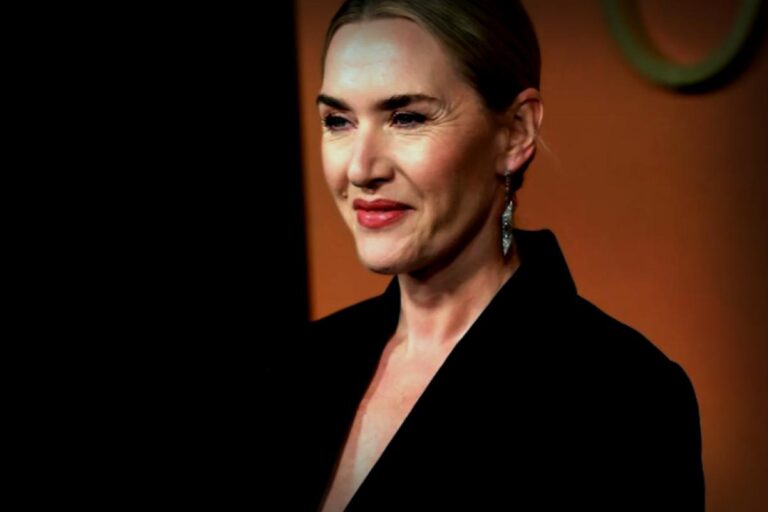A few days back, I was in line at the Food Co. in East Oakland, and watched a young mom struggling at the register. She was nervously scrolling through her phone, possibly trying to calculate if she could afford her purchases.
Her cart wasn’t even packed to the brim, just essentials: bread, milk, pasta, diapers.
As time went by, she glanced back to me.
“Sorry for taking so long,” she said apologetically.
I offered her a reassuring smile. “No worries,” I replied, wanting to ease her anxiety a bit. “I’m in no rush.”
Then, she quietly told her daughter, who couldn’t be more than 8, “We have to put the fruit snacks back, sweetheart.”
“But why?” the little girl asked, repeating her question when her mom didn’t answer immediately.
Just when she was about to check out, the cashier let her know that her EBT card was declined.
The items were whisked away, and with a forced grin, the mom said to her daughter, “We’ll come back next week.”
And out they walked, empty-handed; what a tough lesson those kids are learning about political neglect.
When the federal government shut down on November 1, it threw over 42 million Americans into uncertainty, all because some officials decided to use food assistance as a pressure tactic in a political dispute. Their verdict? People would only get their full SNAP benefits once Congress obliged.
It felt like dinner had turned into a political argument. Throughout the past week, government officials and judges have been squabbling over the need to continue SNAP benefits as the shutdown crawls on.
It’s clear that our kids deserve so much more. Let’s cut out the excessive talk. It’s time to financially back parents and ensure kids have food on the table.
The harsh truth is, when the government slashes food assistance, it’s not saving bucks; they’re just racking up a debt on childhood trauma that we’ve been accumulating for years.
Politicians often paint SNAP as just free handouts that create dependence. But here’s the kicker: Hunger is what really fosters this dependency. It keeps families reliant on whatever authority decides if they get a meal. We’re casting this narrative as if it’s a lesson in responsibility. But honestly, what’s the message here? That working multiple jobs yet still struggling to make ends meet is all about bad budgeting? Or that a child’s right to proper meals hinges on their parent’s ability to navigate complex bureaucracies?
From my experience in early childhood education, I witnessed how hunger distorted kids’ focus. It wasn’t a lack of enthusiasm; it was a basic need going unfulfilled. Hunger quietly wreaks havoc—it’s subtle, damaging, and usually found court-side in meltdowns, tummyaches, or distracted daydreams. Yet, we forget to fund solutions for these issues, focusing instead on all these behavioral plans to merely contain the symptoms.
A lot of teachers and school staff do their utmost to show love and support to these kids facing unmanageable needs that can’t be solved with a textbook. But failing systems compound the harm; it feels like we supervise poverty more than combat it. Food banks spring up faster than effective policies, and we celebrate passing grades rather than ensuring every child goes home with a full stomach.
If there’s one lesson from the SNAP cuts, it’s that we aren’t facing a budget issue; it’s that we desperately lack compassion. We can summon trillions for military overspending and corporate handouts, yet providing food for kids seems optional.
What we’re saying is that we want kids to grow to be strong, but then equate resilience with neglect. When it comes to ensuring nutrition for children, too many leaders treat it like an added luxury. Those recent cuts weren’t solely budgetary—they’re revealing a societal reflection: do we see families in need as neighbors or mere statistics? From where I stand, many in D.C. fail to see either.
Politicians love to glamorize children as “our future,” but I can’t help but wonder if that sentiment truly resonates for all families.
Maybe, just maybe, when it comes to effecting change, the boldest act isn’t marching together but rather not normalizing a system that allows children to watch their parents struggle with nutrition and rent calculations.
Nayo Johnson is a Public Voices Fellow with the OpEd Project in collaboration with the National Black Child Development Institute.




















